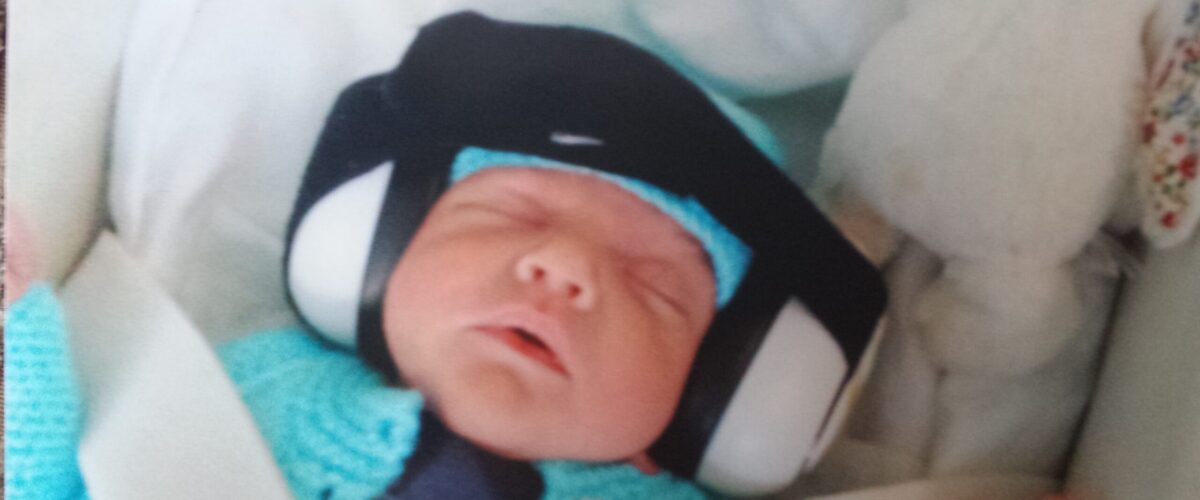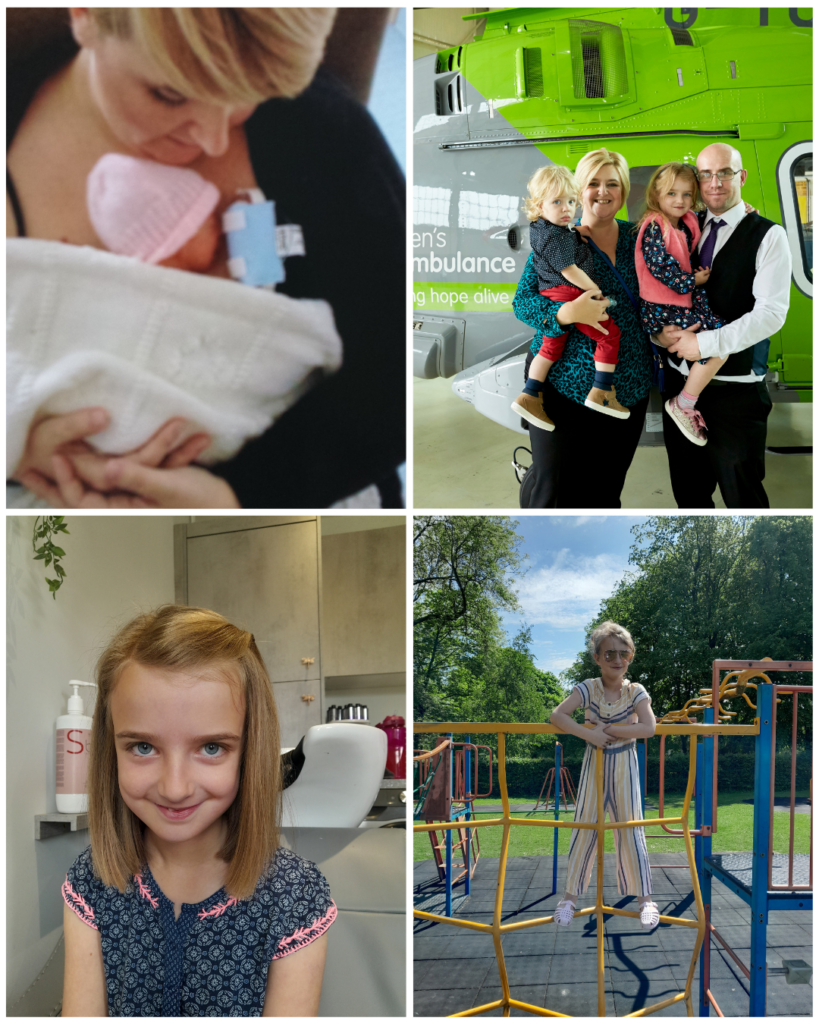News Hub
Lincolnshire family reflect on their story this World Prematurity Day

World Prematurity Day (17 November) is a global movement to raise awareness of premature birth and the impact it can have on families, like the Laking family.
Gemma Laking was working whilst pregnant with Poppy when she suddenly fell very ill.
She was diagnosed with pre-eclampsia, a condition which causes high blood pressure and other symptoms causing complications in childbirth. Because of Gemma’s condition, Poppy had to be delivered prematurely on 04 January 2014 by an emergency caesarean.
Weighing only 3lb 1oz, Poppy struggled to breathe properly. As she was premature, Poppy’s mum was warned that she would be small and possibly blue, but the doctors thankfully managed to get her breathing in theatre.
Shortly after this first hurdle, Poppy’s stomach began getting really distended – like that of a malnourished child. Gemma said, “it looked like someone had inflated her tummy.”
At first doctors thought she had a condition called Necrotising Enterocolitis (NEC), where tissue in the intestines become inflamed and start to die.
“I googled it of course, and it sounds fatal for premature babies. I was so scared. She had tubes and needles everywhere. I’d had to have IVF to have her. She was so precious, I thought how could this be happening? I can’t lose her,” said Gemma.
The doctors at her local hospital in Grimsby tried everything they could to get to the bottom of the problem, but nothing seemed to work. She had been there for six weeks when suddenly there was a dramatic, frightening change in her condition – Poppy’s stomach became extremely bloated.
She had to be transferred to a hospital in Nottingham, so paediatric specialists could try and treat the problem. She was taken by land ambulance, which took over two hours.
Specialists at Nottingham worked to try and find out what was wrong with her, but tests came back negative, and Poppy continued to feed poorly.
Then, to everyone’s amazement, she started taking her bottle and carried on taking it. Everything even started to settle down, and Poppy, miraculously began to feed normally.
“Eventually, we discovered that Poppy’s stomach had been underdeveloped from being born too early, and that hospital care and time had allowed the stomach to develop properly on its own,” said Gemma.
The doctor gave Poppy’s family the incredible news that she was going to fine. What started as a worrying and terrifying experience for Poppy’s parents then became a happy moment of relief and joy.
But Poppy was in Nottingham, far from her home in Grimsby, and still fragile. That’s where the Children’s Air Ambulance (TCAA) made a difference. On 26 February 2014, the helicopter flew Poppy home to Grimsby in just one hour and seven minutes, much quicker and safer than travelling by road.
Thanks to the charity’s bespoke helicopter and the highly trained Clinical Partner Team Embrace Yorkshire and Humberside Infant and Children Transport Service (Embrace), Poppy could now travel home to her family, to continue recovery with her loved ones around her.
Gemma said, “It was fantastic to hear that Poppy could be home in minutes. When we met the Embrace crew, who would fly with Poppy, they were also amazing. You know when you feel so safe. We felt 100% reassured by the crew, that was when I knew she was going to be fine. Getting her home at that time was, well, amazing.”
Since Poppy’s transfer, almost 10 years ago, Poppy has been able to enjoy a normal and lovely childhood, enjoying swimming, dancing, singing, gymnastics and reading, especially Jacqueline Wilson books.
She’s doing well at school has some wonderful friendships.
“Poppy absolutely loves musicals, it’s her dream to be a singer/popstar or in the theatre. She’s obsessed with Matilda the musical and she loves Harry Potter,” added Gemma.
In this time, the charity has developed into the pioneering service it is today. The charity collaborated with Embrace and two other Clinical Partner Teams – Southwest Neonatal Advice and Retrieval (SoNAR) and Southampton Oxford Neonatal Transport (SONeT) – to create three bespoke state-of-the-art Neonatal Transport Systems (incubators),meaning it can now fly even the smallest and most fragile of premature babies.
These incubators have been used over 70 times already this year, reducing the anxiety and worry of the parents of premature babies, reducing the time taken for the infants to get the specialist support they need, and getting babies and families back together after they’ve had specialist input, avoiding long road journeys, and reducing the time spent outside of hospital.
“Nick, Poppy’s father, and I are eternally grateful, it’s an amazing service.
“Until you need the Children’s Air Ambulance, you don’t know how important it is, or even if it exists. If someone was not sure whether to leave a donation to the charity, I would say do it. People don’t realise how important the Children’s Air Ambulance is. You won’t regret it,” added Gemma.

